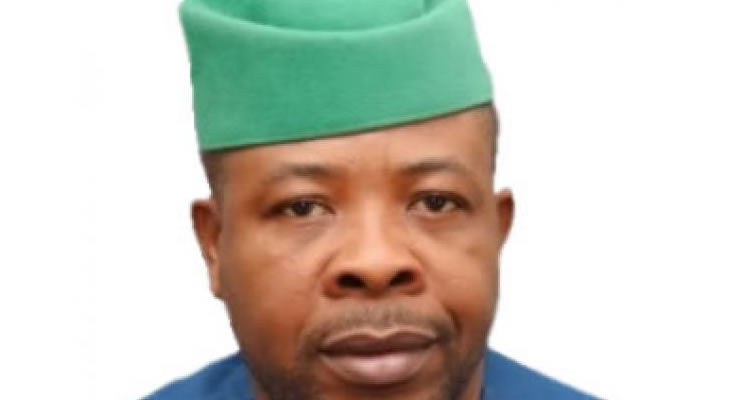*House in Landmark Reforms to Make Education, Healthcare Free As Ihedioha
Presents Report on Amended Constitution*
Deputy Speaker, House of Representatives, Rt. Hon. Emeka Ihedioha on
Tuesday presented what can be described as a landmark report on the
concluded nationwide review process of the 1999 Constitution highlight of
which includes undeniable right to free basic education and free healthcare
services for all Nigerians.
The report is a summation of the resolutions of the State Houses of
Assembly on the amendment of the constitution which is a culmination of the
process for amending the nation’s grundnum after both chambers of the
National Assembly have harmonized their positions as stipulated by law. A
two-thirds majority of the state assemblies is required for any proposed
amendment by the national assembly to pass and takes effect after assented
to by the President of the country.
Ihedioha who laid the report during plenary in his capacity as chairman of
the House Committee on the Review of the Constitution, informed his
colleagues that new sections 45A and 45B were introduced to lift two items
bordering on free basic education and free primary and maternal healthcare
services from Chapter 2 to Chapter 4 in order to make them justiciable. By
this amendment, citizens are guaranteed the freedom to go to court to seek
redress for perceived breach of these rights by government.
In another landmark amendment which returned approved from the states,
national security agencies, the Nigerian police, State Houses of Assembly,
Attorneys-General, Auditors-General are now listed as bodies and offices to
enjoy a first line charge from the Consolidated Revenue Fund of the
Federation. “This shall grant them financial autonomy to enable them carry
out their assignments without the hindrance of non-release of their
allocations and ensure their operational autonomy,” the deputy speaker
quoted the report.
A significant amendment that also scaled through from the states is the
endorsement of independent candidacy in elections in “order to further open
up the political space” and a further ancillary amendment in terms of a new
section 228(e) which states that “the national assembly may by law provide
for procedures, guidelines and qualifications for access to the ballot by
political parties and independent candidates.”
The report also stated that the amendment process from the states upheld an
amendment which originated from the Ihedioha committee in the House to
remove the word ‘Force’ from the name of the Nigeria Police Force in order
to emphasize the civil nature of policing “rather than celebrate brute
force.”
The report from the states also indicated that some ambiguities hindering
the creation of new states and boundary adjustments with respect to section
8 which states clearly in the amended constitution that “the referendum
required for a new State shall now be approved by at least two-thirds
majority of the ‘registered voters’ of the local government areas where the
demand originated from, instead of the current provision of approval by
“two-third majority of the people of the area” which is ambiguous and
subject to different interpretations.”
Several other highlights of the report as detailed in Ihedioha’s
presentation include introduction of a new office of the Accountant
–General of the Federal Government as separate from the office of the
Accountant –General of the Federation; introduction of civil/criminal
sanctions for failure or refusal to honour summons issued by a legislative
House or its committees; separation of the Offices of Attorney –General of
the Federation (and State) from Minister (and Commissioner) for Justice;
amendment for the 180 days and 60 days respective timelines for filing of
election petitions and delivery of judgement by tribunal (or court) to take
unforeseen events of force majeur into consideration; and the insulation of
members of the legislature from civil or criminal proceedings in respect of
words spoken or written before the House or its committees.
The deputy speaker in his highlights however informed the House that some
items like autonomy for local government councils and the creation of an
independent Auditor-General for the councils were rejected by two-thirds
majority of the state legislatures.



